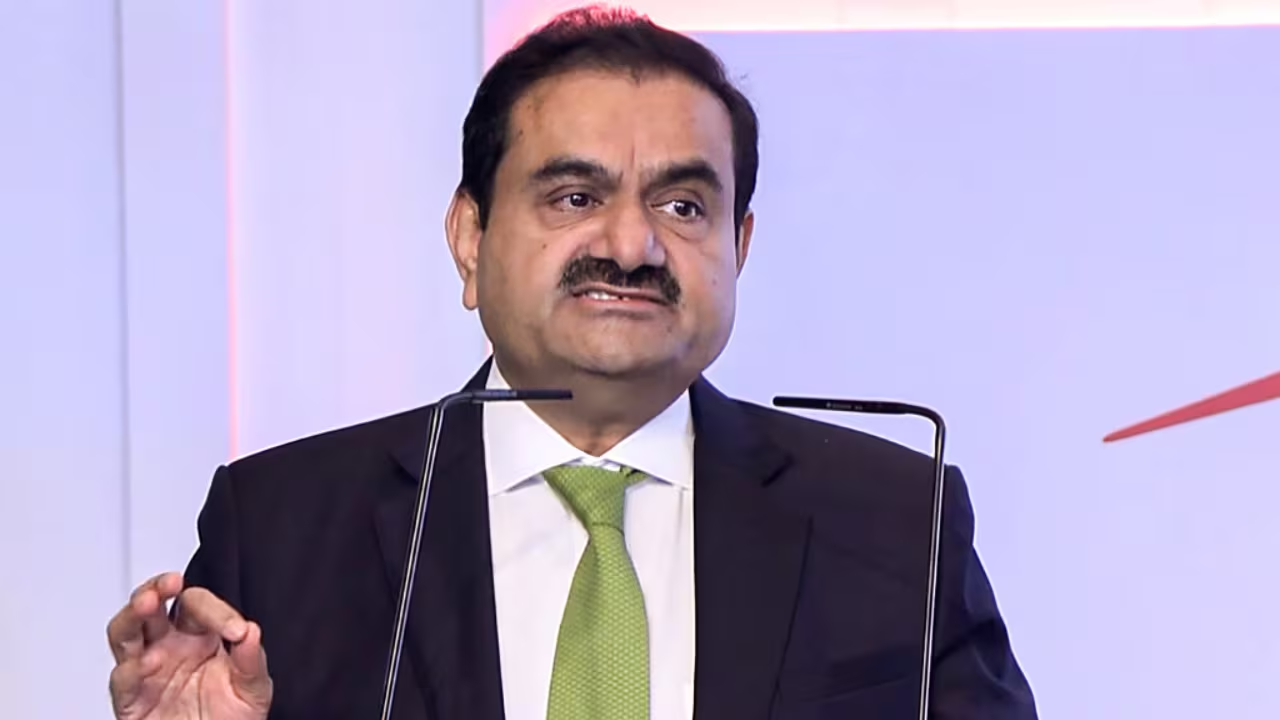Investing in Indian stocks as an NRI offers a rewarding opportunity to build wealth and participate in the growth of one of the world’s fastest-growing economies’
As a Non-Resident Indian (NRI), deciding to invest in India is a significant step toward growing your wealth while staying connected to your home country. The Indian stock market offers numerous opportunities, from blue-chip companies to rapidly expanding sectors. But before you dive into investing, you need to address a crucial question: Which account type should you open for stock investments? This decision could shape your investment experience and overall returns.
The two main options for NRIs looking to invest in the Indian stock market are the Portfolio Investment Scheme (PIS) demat account and the non-PIS demat account. Each has its unique features, advantages, and considerations, depending on your investment goals and needs.
Understanding the Portfolio Investment Scheme (PIS) Demat Account
The PIS was introduced by the Reserve Bank of India (RBI) to allow NRIs to invest in Indian stocks under specific guidelines. NRIs who wish to invest in the Indian stock market can open a PIS account through designated banks. This account allows NRIs to purchase and sell shares on the stock exchange while adhering to the RBI’s limits on NRI investments.
By choosing the right type of account, you can ensure your investments are aligned with your financial goals while navigating the complexities of cross-border transactions.
Benefits of a PIS Demat Account:
- Compliance and Regulation: A PIS account ensures that your investments comply with all Indian regulations. The designated bank reports all transactions to the RBI, ensuring transparency and legality.
- Direct Involvement: The PIS account provides a structured way to invest directly in stocks listed on Indian exchanges.
- Dedicated Monitoring: Transactions made through a PIS account are monitored and reported, making it easier to track the inflow and outflow of foreign funds.
Limitations of a PIS Demat Account:
- Restricted Investment Limits: NRIs can only invest up to 5% of a company’s paid-up capital, which could limit your exposure to specific stocks.
- Higher Costs: The PIS account comes with additional charges, such as transaction reporting fees and higher brokerage charges, which may impact your overall returns.
Non-PIS Demat Account: A Flexible Alternative
If you prefer a more flexible and cost-effective option, the non-PIS demat account could be a better fit for your investment needs. Unlike the PIS account, a non-PIS demat account does not require reporting to the RBI for each transaction, giving you more freedom in managing your portfolio.
Before making your decision, consider factors like transaction costs, investment restrictions, and regulatory requirements. Consulting with financial experts who specialize in NRI investments can also provide tailored advice based on your unique financial goals
Benefits of a Non-PIS Demat Account:
- Lower Costs: Non-PIS accounts typically have lower transaction fees and brokerage charges compared to PIS accounts. This makes it a more cost-effective option, especially for frequent traders.
- Ease of Use: Without the need for constant reporting to the RBI, non-PIS accounts provide a hassle-free investment experience.
- Investment Options: In addition to stocks, non-PIS demat accounts allow investments in mutual funds, bonds, and other securities, giving NRIs a more diversified portfolio.
Limitations of a Non-PIS Demat Account:
- Compliance Concerns: Non-PIS accounts do not have the same level of regulatory oversight, which may pose compliance issues if investments are not properly managed.
- Indirect Stock Investment: While you can invest in Indian stocks, the process may be indirect, as some stocks may not be accessible under the non-PIS route.
Choosing the Right Fit
The choice between a PIS and non-PIS demat account ultimately depends on your investment objectives. If you value compliance, transparency, and a structured approach to stock investments, the PIS demat account is the right choice. However, if you prioritize flexibility, lower costs, and diversified investment options, the non-PIS demat account may be better suited to your needs.
***********************************************************
Readers
These are extraordinary times. All of us have to rely on high-impact, trustworthy journalism. And this is especially true of the Indian Diaspora. Members of the Indian community overseas cannot be fed with inaccurate news.
Pravasi Samwad is a venture that has no shareholders. It is the result of an impassioned initiative of a handful of Indian journalists spread around the world. We have taken a small step forward with the pledge to provide news with accuracy, free from political and commercial influence. Our aim is to keep you, our readers, informed about developments at ‘home’ and across the world that affect you.
Please help us to keep our journalism independent and free.
In these difficult times, running a news website requires finances. While every contribution, big or small, will make a difference, we request our readers to put us in touch with advertisers worldwide. It will be a great help.
For more information: pravasisamwad00@gmail.com








